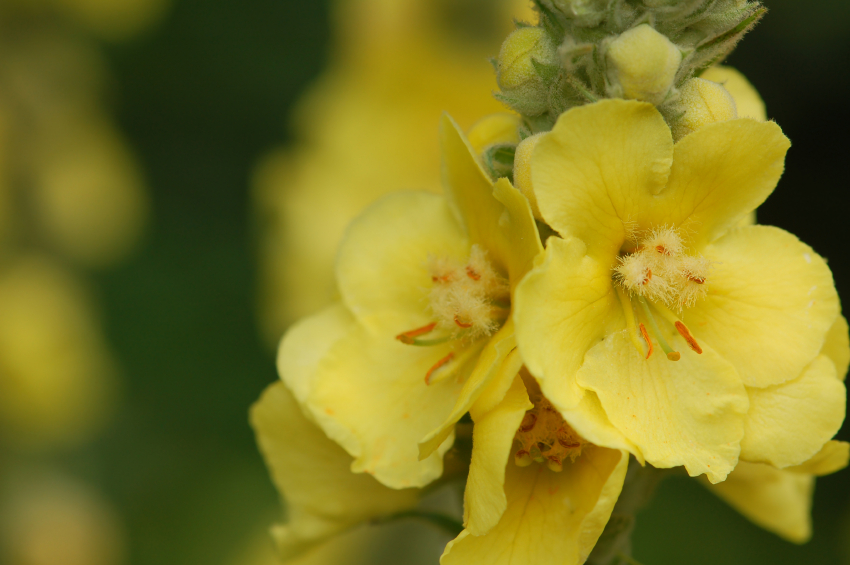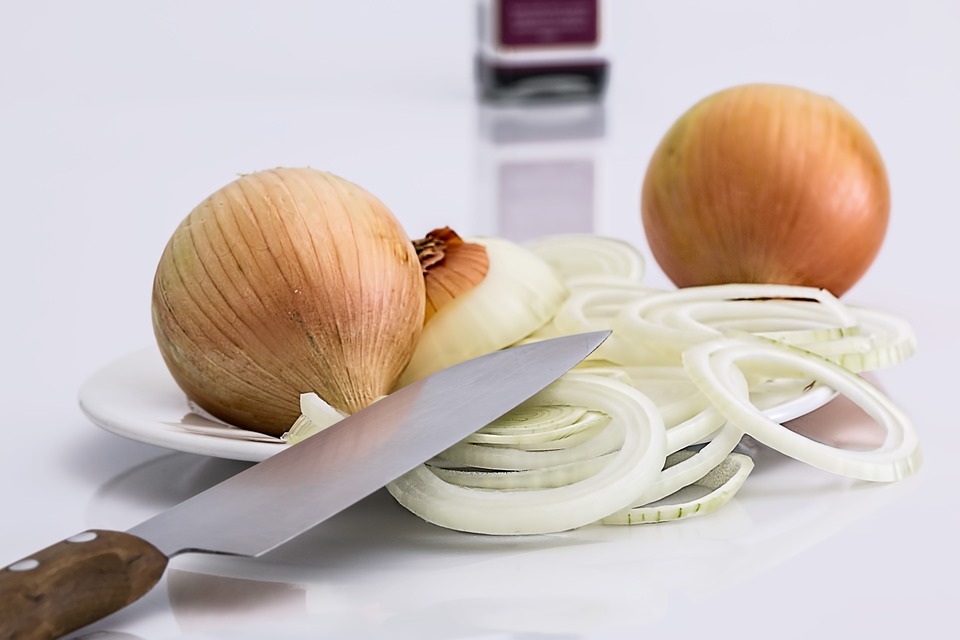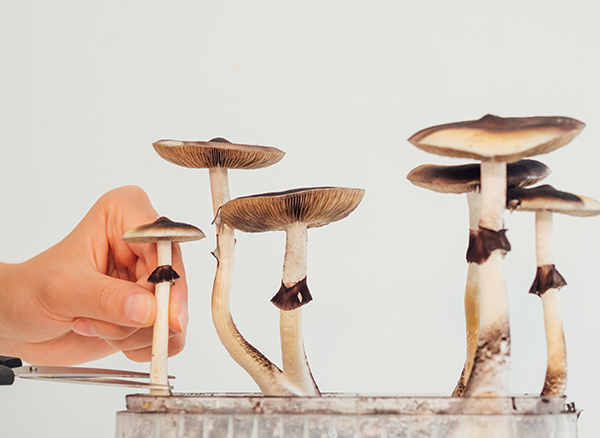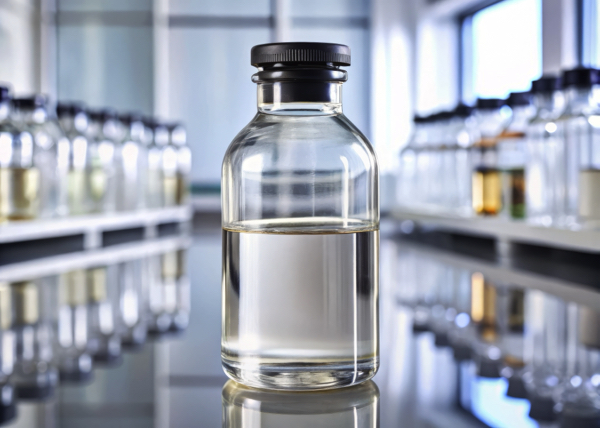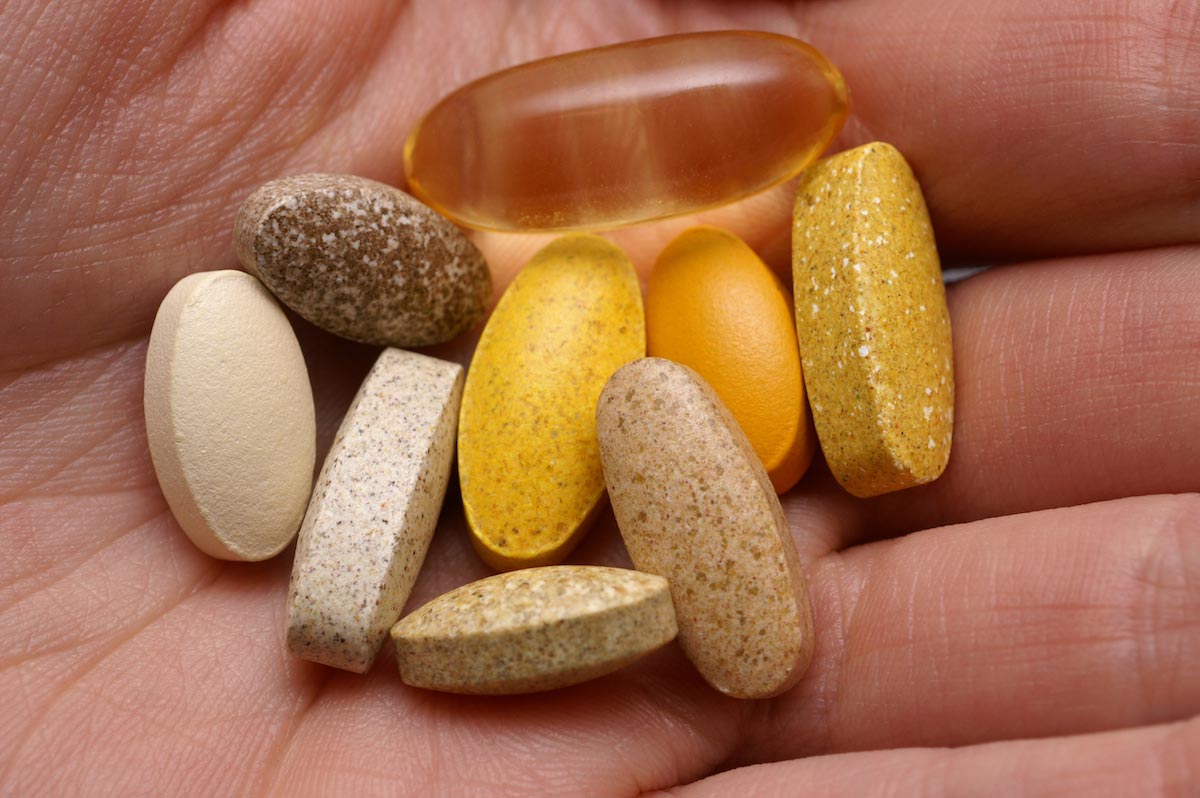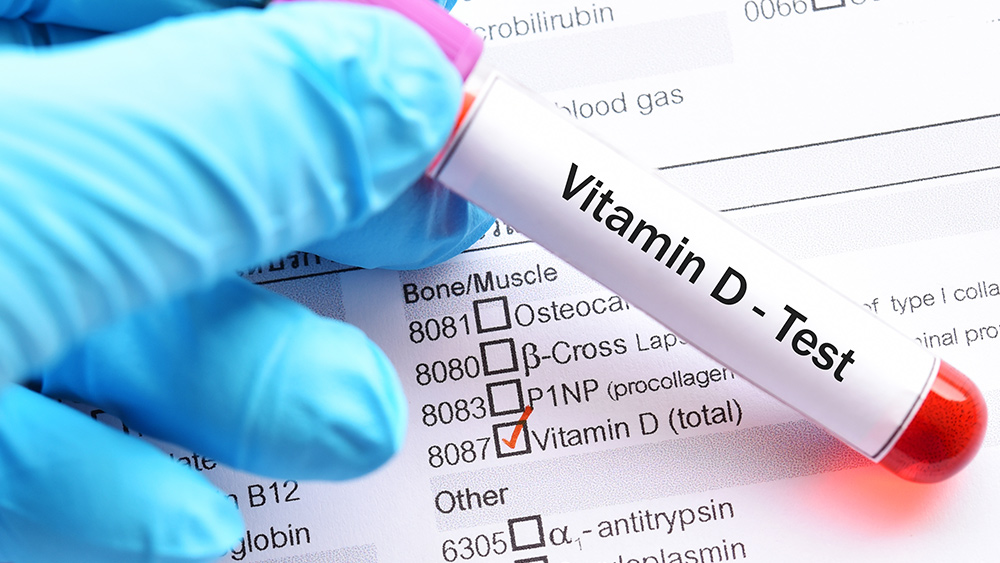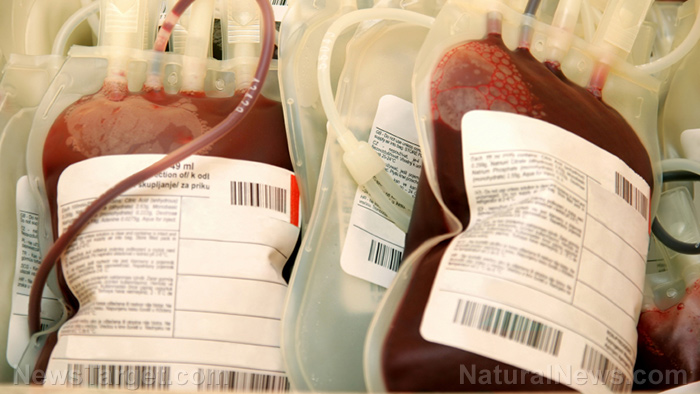This common bacterial infection is an indicator of gut dysbiosis and impending STOMACH CANCER
07/09/2025 / By Lance D Johnson

A quiet but deadly epidemic is unfolding in the digestive systems of millions—one that medical experts are still failing to address with urgency. The bacterium Helicobacter pylori (H. pylori), present in up to 60% of aging populations, is silently eroding stomach linings, setting the stage for ulcers, malabsorption, and stomach cancer. Yet instead of targeting this root cause, conventional medicine continues prescribing antacids and acid blockers, inadvertently fueling the very infection they should be eradicating.
The betrayal is two-fold: Not only do these drugs mask symptoms while allowing H. pylori to thrive, but they also worsen gut dysbiosis—the imbalance of healthy microbes essential for digestion and immunity. The result? A cascade of chronic illnesses, from osteoporosis to mental health disorders, while the real culprit remains unchecked.
Key points:
- H. pylori infects up to 60% of individuals over 60 and is linked to atrophic gastritis—a precursor to stomach cancer.
- Common acid-suppressing medications (H2-blockers, PPIs) create an environment where H. pylori thrives and transforms into a cancer-promoting pathogen.
- Malabsorption caused by H. pylori leads to nutrient deficiencies, contributing to conditions like depression, Alzheimer’s, and heart disease.
- Screening and early treatment could prevent most cases, yet mainstream medicine prioritizes symptom management over root-cause resolution.
- Holistic approaches—including probiotics, prebiotics, and natural remedies like licorice root—are critical for restoring gut health post-treatment.
The stealth destroyer hiding in plain sight
H. pylori doesn’t announce its presence with dramatic symptoms. For many, mild indigestion or occasional nausea is the only clue—yet internally, it’s neutralizing stomach acid, burrowing into mucosal layers, and creating ammonia to shield itself from immune defenses. Worse, when doctors prescribe drugs like Prilosec or Tagamet, they unknowingly aid the bacterium’s survival by further reducing stomach acid—the body’s natural defense against pathogens.
Dr. Jin Young Park of the International Agency for Research on Cancer warns: “It is essential that health authorities make gastric cancer prevention a priority.” Yet in the U.S. and Europe, screening remains rare, even as studies confirm that treating H. pylori cuts stomach cancer risk by 63%. The delay is deadly: By the time symptoms escalate, irreversible damage—like gastric atrophy—may already be present.
Why antibiotics aren’t the full solution
While triple-antibiotic therapy can kill H. pylori, it does little to repair the gut’s devastated microbiome. Like burning down a house to kill a termite infestation, antibiotics wipe out beneficial bacteria alongside the invader, leaving fertile ground for reinfection or worse—Candida overgrowth and chronic dysbiosis.
The real key lies in post-treatment restoration:
- Probiotics: Replenishing Lactobacillus and Bifidobacterium strains helps rebuild gut defenses.
- Prebiotics: Fiber-rich foods feed beneficial microbes, crowding out harmful bacteria.
- Some of the most common prebiotic rich foods include, but are not limited to: Garlic, onions, leeks, asparagus, bananas (slightly unripe), jerusalem artichokes, chicory root, dandelion greens, apples (with skin), and oats
- Deglycyrrhizinated licorice (DGL): Proven to heal ulcers faster than pharmaceuticals by boosting mucosal protection.
- Bismuth subsalicylate (Pepto-Bismol): A low-cost, effective remedy that neutralizes H. pylori without disrupting gut flora as aggressively as antibiotics.
- Marshmallow root contains soothing mucilage content that protects inflamed mucous membranes in the digestive tract.
More on marshmallow root:
Marshmallow root is highly effective in healing the gut due to its soothing mucilage content, which forms a protective layer over irritated or inflamed mucous membranes in the digestive tract. This demulcent action reduces inflammation, alleviates discomfort, and promotes tissue repair, making it beneficial for conditions such as gastritis, acid reflux, and irritable bowel syndrome (IBS). Additionally, marshmallow root stimulates mucus production, further shielding the gut lining from damage while supporting healthy digestion. Its immune-boosting and anti-inflammatory properties also help restore gut barrier integrity, making it a valuable herbal remedy for leaky gut syndrome and overall digestive wellness. Whether consumed as a tea, tincture, or capsule, marshmallow root provides gentle yet powerful support for gut healing and long-term digestive health.
The bigger picture: Gut health as prevention
Cancer isn’t caused by H. pylori alone—it’s a symptom of a gut environment primed for disease. When acid-suppressing drugs, processed foods, and chronic stress deplete microbial diversity, pathogens flourish. Conversely, diets rich in antioxidants (like raw cabbage juice or fermented foods) reduce infection risk and help heal damaged stomach linings.
Mainstream medicine’s refusal to prioritize microbiome health—while pushing pills that exacerbate dysbiosis—reveals a grim truth: Profits often outweigh prevention. But armed with knowledge and natural remedies, patients can reclaim their gut health before a silent infection becomes a life-threatening diagnosis.
Sources include:
Submit a correction >>
Tagged Under:
#nutrition, Antibiotics, atrophic gastritis, bismuth subsalicylate, DGL, digestive health, gastritis, gut health, H. pylori, holistic health, immune system, inflammation, malabsorption, microbiome, natural remedies, Pepto-Bismol, probiotics, stomach cancer, ulcers
This article may contain statements that reflect the opinion of the author

